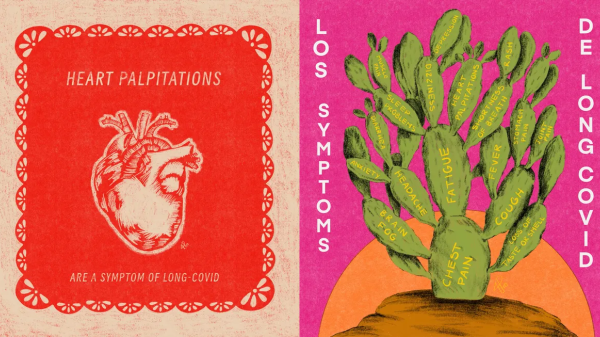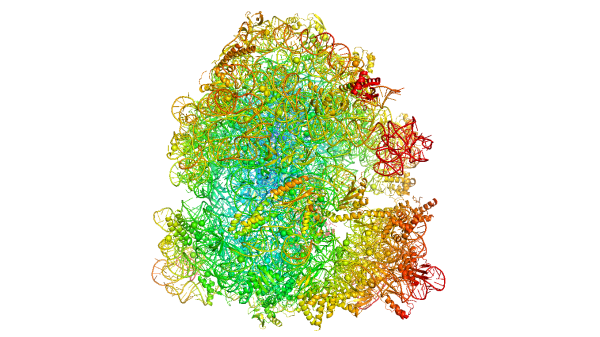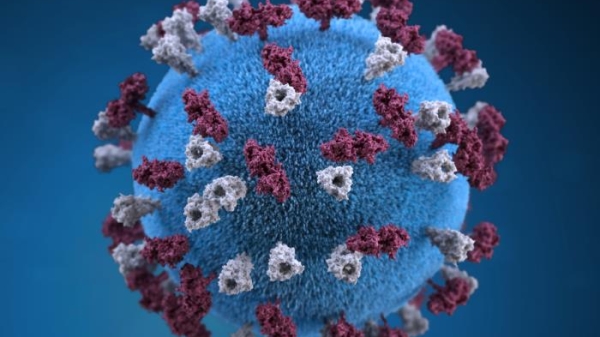Medicaid payment reform linked to better health outcomes for infants
ASU researches find changes to Texas Medicaid program resulted in fewer early elective deliveries, increased gestational age, increased birthweight
It is well documented that infants born at full term have better health outcomes. However, one in ten babies in the United States are born via a medically unnecessary early elective delivery, such as an induction of labor, cesarean section, or both. New findings published in Health Affairs indicate that state-level Medicaid payment reform is linked to fewer unnecessary early deliveries and, in turn, better health outcomes for infants.
Researchers examined whether the impact of 2011 changes to the Texas Medicaid program reduced rates of early elective deliveries by denying payment to providers for the procedure. The research team, which was led by Dr. William Riley and included Dr. Mac McCullough, both of Arizona State University’s School for the Science of Health Care Delivery in the College of Health Solutions, compared clinical care practice and perinatal outcomes in Texas to states that did not enact payment reform. The researchers found that:
- Early elective delivery rates fell by as much as 14 percent in Texas after this payment policy change.
- Infants affected by the policy gained nearly five days in gestational age and six ounces in birthweight.
- The impact on early elective delivery was larger in magnitude for minority patients.
- This form of Medicaid payment reform could serve as a model for reducing early elective deliveries and disparities in infant health.
The United States ranks 27th globally in infant mortality, among the worst of industrialized nations. African-American infant mortality and health rates are on par with rates in developing countries. A major contributing factor to poor infant health in the U.S. is high preterm birth.
“The findings suggest that perinatal safety can be improved through payment policy changes,” said William Riley.
Heather Dahlen, research fellow at Medica Research Institute and lead author of the study, stated, “Our examination finds that state-level Medicaid payment reform appears to have contributed to a decline in early elective delivery and an increase in gestational age and birthweight, especially among minority mothers and babies.”
Throughout the U.S., hospitals, health care providers and public health agencies are engaged in collaborative efforts to improve neonatal outcomes. However, these efforts are largely voluntary and greatly vary from state to state. This study demonstrated that Medicaid payment reform — regardless of the voluntary efforts among health care stakeholders — is associated with improved health outcomes.
Since the time that this study launched, five other U.S. states have instituted similar health payment reform policies, and many other states continue with different efforts to reduce early elective deliveries.
“The results from this study indicate that other states could likely improve perinatal safety by reducing early elective inductions through Medicaid payment reform,” Riley said.
Read the full publication here.
More Health and medicine

Health communication program brings long COVID awareness to Latinos
After COVID-19 hit the Latino community especially hard, Gilberto Lopez created COVIDLatino, a health communication program…

Gates Foundation to fund research on antibiotic resistance
Antibiotic resistance, what happens when germs develop the ability to defeat the drugs designed to kill them, is a growing…

ASU epidemiologist on the rise in US measles cases
The Centers for Disease Control and Prevention issued an alert this month about a rise in measles cases worldwide. And as of…